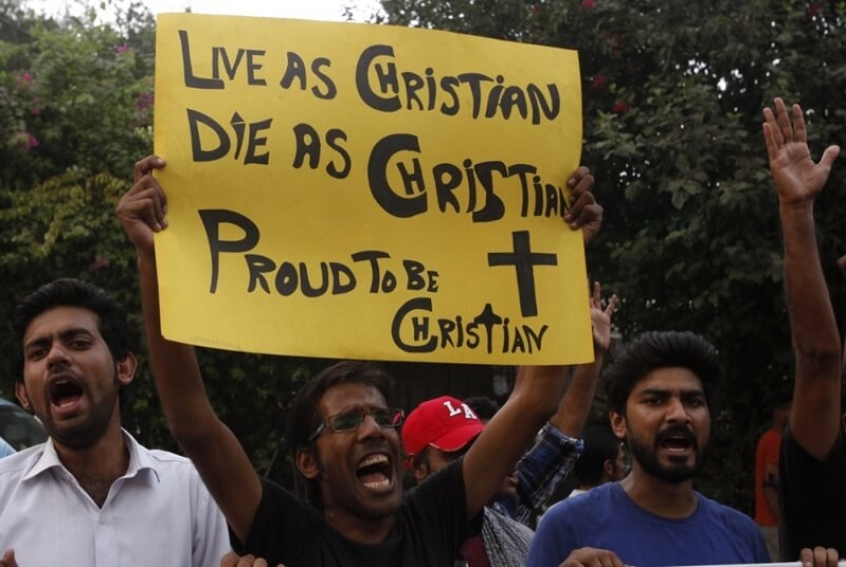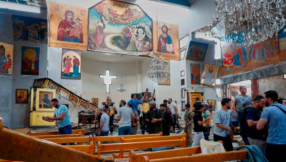
An advocacy group for persecuted Pakistani Christians claims thousands seeking asylum in the UK are being rejected.
Two years after the Peswhawar twin church bomb attack that killed more than 100 Christians in Pakistan, the nation is rated the eighth worst place for a Christian to live in the world.
Despite this, the UK's official policy remains that Christians in Pakistan are not persecuted.
The policy states that, "Christians in Pakistan are a religious minority who, in general, suffer discrimination but this is not sufficient to amount to a real risk of persecution."
Wilson Chowdhry, chairman of the British Pakistani Christian Association (BPCA), described the policy statement as "flatly wrong," and fears that "it paints a picture that is utterly at odds with the truth."
The Home Office's policy has significance beyond the UK's borders. It has been explicitly cited by the UNHCR as grounds for not prioritising Pakistani Christian asylum seekers and refugees.
Chowdhry said the issue lies in the UK relying on what the nation's constitution says and the government's official line rather than "the lived reality of Christian citizens of Pakistan."
The home office guidance inflates the efficacy and integrity of Pakistan's police and judicial forces, according to Chowdhry. He suggests they have underestimated the increasingly influential extremist groups who have infiltrated the government and use such forces to target Christians.
The Taliban, which frequently targets Christians in certain areas of Pakistan, is growing closer to ISIS. There has been at least one public declaration that some are simply waiting for 'the right time' to join ISIS.
The UK policy has affected Pakistanis seeking asylum in other nations. Thailand and Sri Lanka have both forceably deported Pakistani Christians on the authority of the UNHCR recommendation.
BPCA fears there is a systematic campaign of misinformation by the Pakistani government and intelligence agencies to suppress the reality of life in Pakistan for Christians.
The disapproval of the current policy, which may well be influenced by such misinformation, goes beyond BPCA.
Lord Alton of Liverpool, an active campaigner for religious freedom and human rights suggested whoever wrote the statement should be sent to live in Pakistan with a Christian family in order that they might understand the reality.
"If a systematic campaign of bombings, killings, the burning alive of people and their homes, the rape and forced marriage of Christian girls, and a systematic campaign whipping up hatred doesn't amount to persecution it is hard to imagine what would have to happen before the Home Office described it as persecution."
BPCA have an online petition seeking to change the UK official policy towards Pakistani Christians from being described as suffering "discrimination" to "persecution": http://www.petitionbuzz.com/petitions/save-pak-christians













